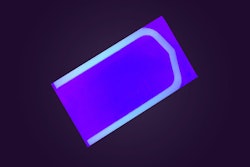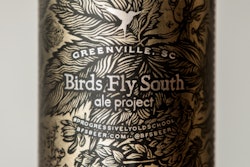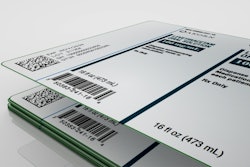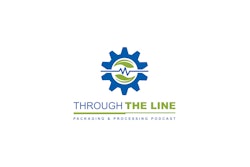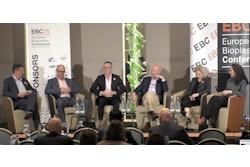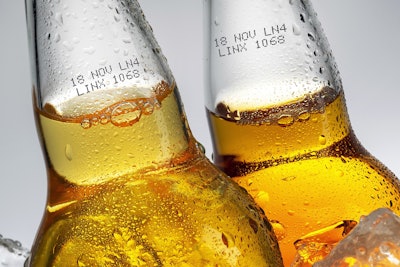
The ability to reuse glass bottles has significant environmental benefits. When glass bottles can be collected and reused, as already happens in the UK with milk bottles, far fewer bottles need to be manufactured. This saves significant amounts of energy and resources – over and above even the benefits of recycling.
The demand for a solution that enables the widespread reuse of glass drinks bottles is emphatically underlined by Linx’s recent consumer research. The survey found that 89% of those questioned were concerned about the impact of soft drink packaging on the environment – and that 91% would welcome a scheme to enable the reuse of glass drinks bottles. This strongly underlines the need for a coding ink that will enable such a scheme.
The quality of Linx Black bottling ink 1068 is shown by its ability to print clearly onto glass in cold-fill bottling and in humid environments. The ink has also been designed to cope with the challenges of providing clear, legible codes for bottled drinks – for example, by resisting removal when subjected to pasteurisation, immersed in ice water, stored in a warehouse for long periods, or refrigerated. This reduces the likelihood of drinks companies facing product recalls.
There is no compromise on the quality of the code – the ink delivers high-quality, durable coding so that customers can meet the regulations and protect their brands.
John Tierney, Marketing Director at Linx, comments: “Consumers are looking for solutions that minimise the impact of drinks packaging on the environment. The opportunity exists for brands to introduce effective solutions for the reuse of bottles – and by ensuring the latest coding inks can be removed as part of the process, we are helping to enable the creation of these schemes.”



